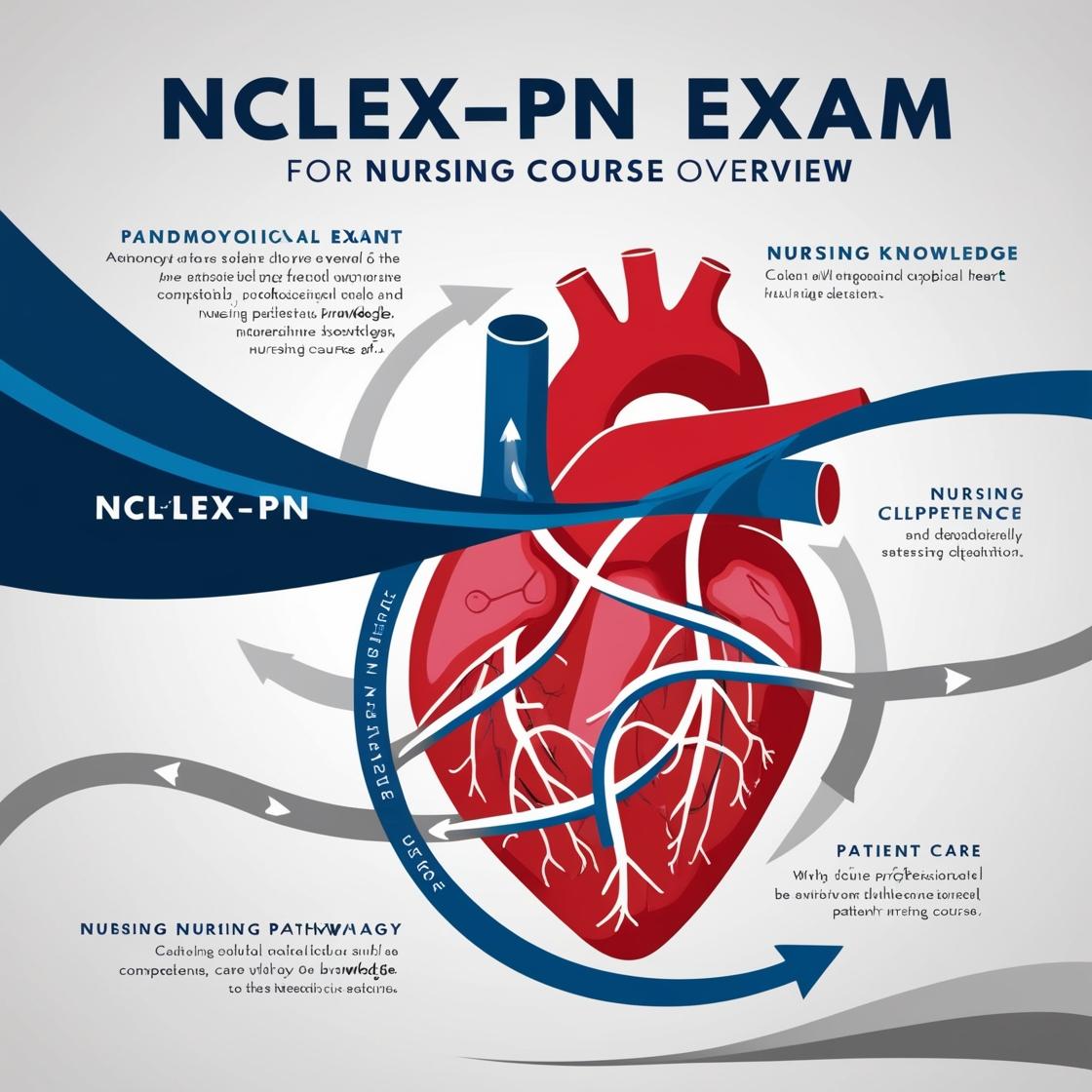NCLEX NCLEX-PN
PN Nclex Questions 2024
1. The nurse is caring for a dying client who has persistently requested that the nurse 'help her to die and be in peace.' According to the Code of Ethics for Nurses, the nurse should:
- A. Ask the client if she has signed an advance directives document.
- B. Tell the client that another nurse will be assigned to care for her.
- C. Instruct the client that only a physician can legally assist in suicide.
- D. Try to make the client as comfortable as possible, but refuse to assist in death.
Correct answer: D
Rationale: According to the Code of Ethics for Nurses, the nurse should try to make the client as comfortable as possible but refuse to assist in death. It is not within the scope of nursing practice to assist in death, even if requested by the client. Choice A is incorrect as advance directives do not directly relate to the client's request for assistance in dying. Choice B is inappropriate as passing the responsibility to another nurse does not address the ethical dilemma at hand. Choice C is incorrect because instructing the client that only a physician can legally assist in suicide does not address the ethical considerations involved in the request. Therefore, the most appropriate action for the nurse is to provide comfort measures while upholding ethical standards and not participating in ending the client's life.
2. What type of relief behavior is Ashley using to cope with emotional conflict?
- A. acting out
- B. somatizing
- C. withdrawal
- D. problem-solving
Correct answer: B
Rationale: Ashley is somatizing by experiencing emotional conflict as physical symptoms associated with severe anxiety. Somatizing involves converting emotions into physical symptoms. Acting out involves behaviors like anger, crying, and verbal abuse, not physical symptoms. Withdrawal is when one withdraws psychic energy in response to anxiety, not converting emotions into physical symptoms. Problem-solving occurs when anxiety is identified and the underlying need is addressed, not converting emotions into physical symptoms.
3. A client is taking hydrocodone (Vicodin) for chronic back pain. The client has required an increase in the dose and asks whether this means he is addicted to Vicodin. The nurse should base her reply on the knowledge that:
- A. the client's body has developed tolerance, requiring more drug to produce the same effect.
- B. the client is preoccupied with getting the drug and is experiencing loss of control, indicating drug dependence.
- C. addiction is the term used to describe physical dependence with withdrawal symptoms and tolerance.
- D. the client has a dual diagnosis of substance abuse and chronic back pain
Correct answer: A
Rationale: Drug tolerance is characterized by the ability to ingest a larger dose without adverse effects and decreased sensitivity to the substance. In this scenario, the client needing an increased dose of hydrocodone to achieve the same pain relief indicates tolerance developing, not addiction. Choice B is incorrect as it describes drug dependence, where the individual is preoccupied with the drug and has a loss of control. Choice C is incorrect because addiction involves psychological behaviors related to substance use, not just physical dependence with withdrawal symptoms and tolerance. Choice D is incorrect as it refers to a dual diagnosis, which is the coexistence of substance abuse and psychiatric disorders, not the development of tolerance to a drug.
4. A client has been taking alprazolam (Xanax) for four years to manage anxiety. The client reports taking 0.5 mg four times a day. Which statement indicates that the client understands the nurse's teaching about discontinuing the medication?
- A. "I can drink alcohol now that I am decreasing my Xanax."?
- B. "I should not take another Xanax pill. Here is what is left of my last prescription."?
- C. "I should take three pills per day next week, then two pills for one week, then one pill for one week."?
- D. "I can expect to be sleepy for several days after stopping the medicine."?
Correct answer: C
Rationale: The correct answer is that the client should take three pills per day next week, then two pills for one week, and then one pill for one week. This statement indicates a gradual tapering schedule, which is crucial when discontinuing alprazolam (Xanax) to prevent withdrawal symptoms. Choice A is incorrect because alcohol should be avoided while tapering off benzodiazepines due to the increased risk of respiratory depression. Choice B is incorrect because abruptly stopping alprazolam can lead to withdrawal symptoms. Choice D is incorrect because while drowsiness can be a side effect of alprazolam, it is not the primary concern when discontinuing the medication; preventing withdrawal symptoms is the priority.
5. A client with schizophrenia says, 'I'm away for the day ... but don't think we should play "? or do we have feet of clay?' Which alteration in the client's speech does the nurse document?
- A. Neologism
- B. Word salad
- C. Clang association
- D. Associative looseness
Correct answer: D
Rationale: The correct answer is 'Associative looseness.' In the provided speech, the client shows associative looseness by making loose connections between phrases without a clear logical link. Clang association involves rhyming words without regard for their meaning. Neologism refers to made-up words with specific meaning to the client, and word salad is a jumble of words that lack coherence either to the listener or the client. Understanding these speech patterns associated with schizophrenia is crucial in identifying the specific alteration in speech displayed by the client in this scenario.

Access More Features
NCLEX PN Basic
$69.99/ 30 days
- 5,000 Questions with answers
- Comprehensive NCLEX coverage
- 30 days access
NCLEX PN Premium
$149.99/ 90 days
- 5,000 Questions with answers
- Comprehensive NCLEX coverage
- 90 days access
